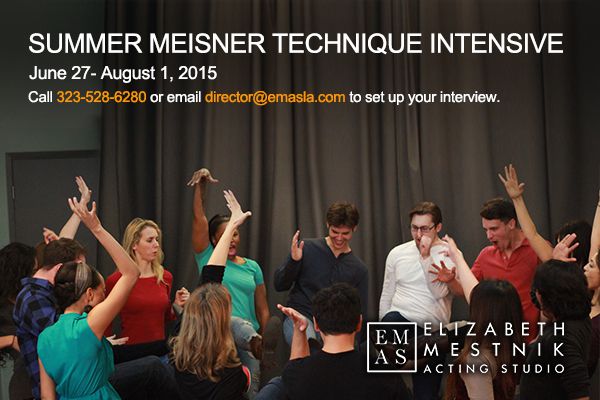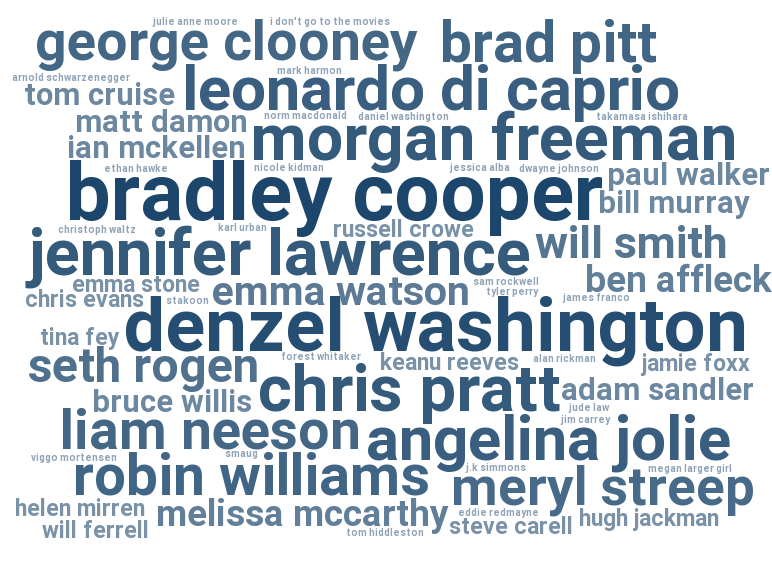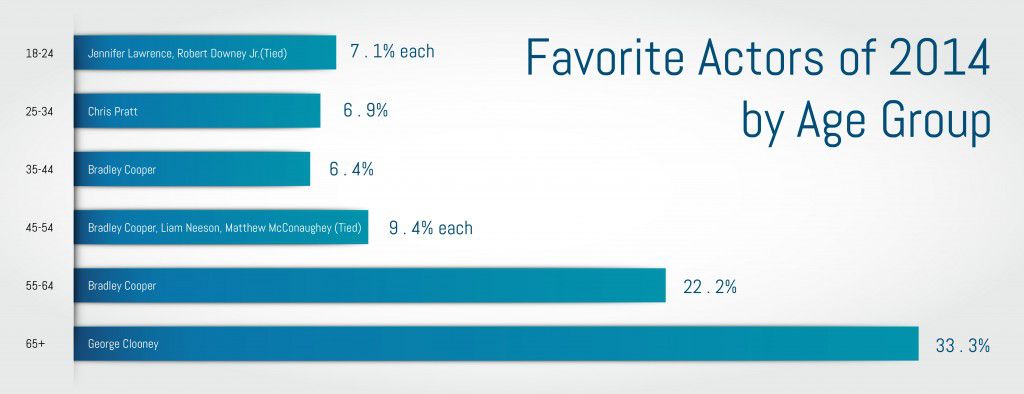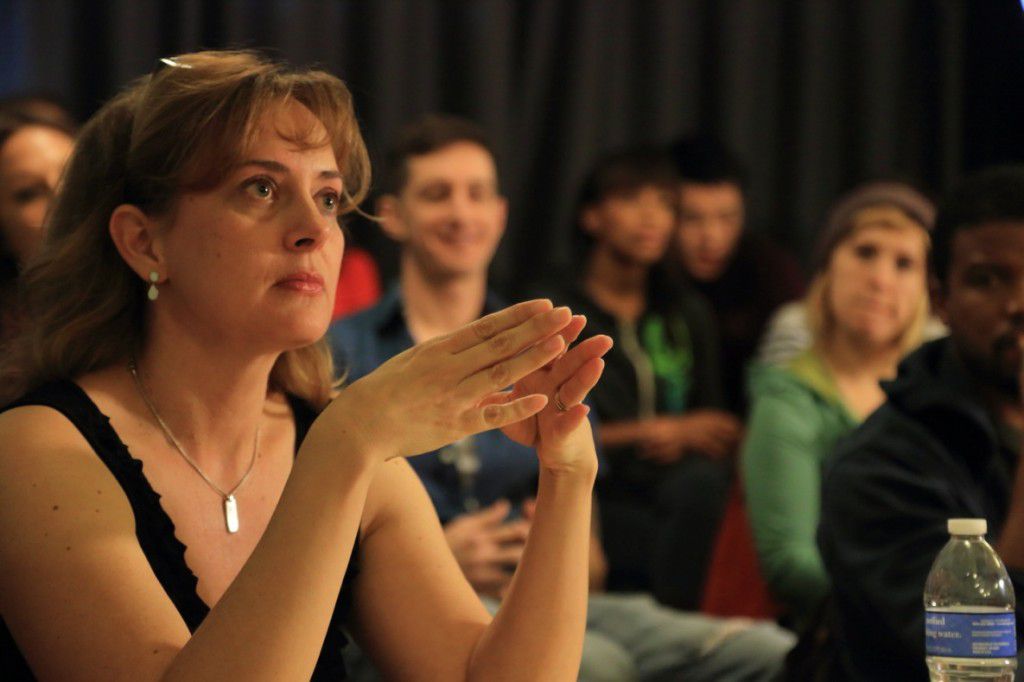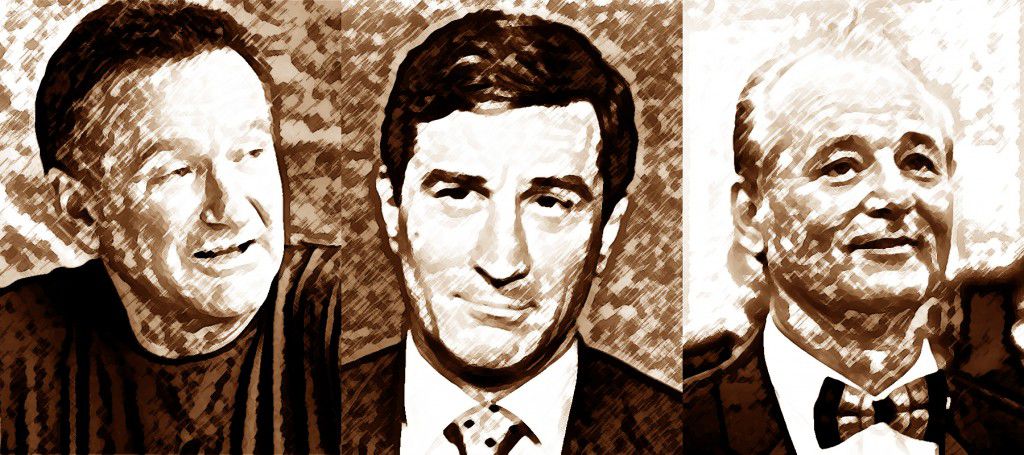Sanford Meisner is famous for saying that “It takes 20 years to become an actor”. So now, 20 years after graduating from Rutgers University’s MFA Acting program, I am reflecting on what I learned there and realize that there are many lessons I learned while training that I take into auditions and performances today.
One of the most important things you learn while attending a conservatory is to rehearse. It sounds so obvious, but an actor must prepare. It’s almost common knowledge now with the popularity of books like Malcolm Gladwell’s Outliers and the “10,000-hour rule,” (the idea that it takes approximately 10,000 hours of deliberate practice to master a skill) but you learn that you just have to put in the time. There’s no way around it. A musician spends hundreds of hours practicing scales, a doctor spent years in medical school, and so the actor must rehearse, rehearse, rehearse.
For me rehearsal and preparation are synonymous. You can’t escape the need to give yourself as much time as it’s gonna take to prepare for a role or for an audition. Sometimes you get material that’s in your wheelhouse or fits your temperament, and then it may be easier or less time-consuming. But to pull off a powerful or hysterically funny performance is not a simple task. It’s achieved through great effort and work, though the performance itself should appear effortless. As Hamlet said, “Therein lies the rub.”
If you ever studied with Bill Esper you heard these words asked of you a thousand times, “What are you doing there?” In this question lies the cornerstone of technique. I constantly ask myself this question when I read a scene for an audition or am preparing a role for a job. It may be one of the most important elements in creating truthful behavior and it’s at the core of realism in acting. Bill stuck very closely to Meisner’s straightforward definition of acting which is “Living truthfully under the imaginary circumstances of the play.” In Bill’s book he went so far as to change it to “DOING truthfully under the imaginary circumstances…” Stanislavski delved deeply into actions and objectives in his approach for the actor. And, I am constantly asking myself, “What am I doing? What do I want? How am I gonna get it?”
Finally, to keep from sounding too intellectual or clever, perhaps the most important lesson I learned relates to spontaneity. I have to stay playful. I have to stay almost childlike in my imagination and willingness to improvise. I have to stay open, loose, and relaxed. This is a part of your performance and preparation that is not intellectual. It’s an oversimplification to be sure but, simply put, I have to have fun. I have to play.
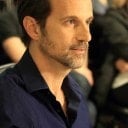 Ken Weiler received his MFA in Theater Arts from Mason Gross School of the Arts under the tutelage of William Esper and Maggie Flanigan. He has taught The Meisner Technique and Auditioning at EMAS for the past 8 years. He’s worked professionally for over twenty years with appearances in dozens of films and episodic television shows including Criminal Minds, Friends, The West Wing, Desperate Housewives, CSI, Bones, and currently recurring in the STARZ series Blunt Talk starring Patrick Stewart.
Ken Weiler received his MFA in Theater Arts from Mason Gross School of the Arts under the tutelage of William Esper and Maggie Flanigan. He has taught The Meisner Technique and Auditioning at EMAS for the past 8 years. He’s worked professionally for over twenty years with appearances in dozens of films and episodic television shows including Criminal Minds, Friends, The West Wing, Desperate Housewives, CSI, Bones, and currently recurring in the STARZ series Blunt Talk starring Patrick Stewart.
He is also an accomplished musician, performing with his band The Four Postmen at various L.A. venues

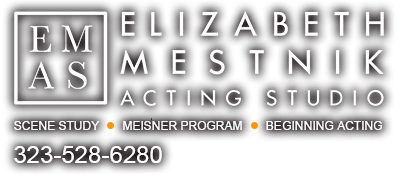
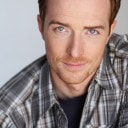
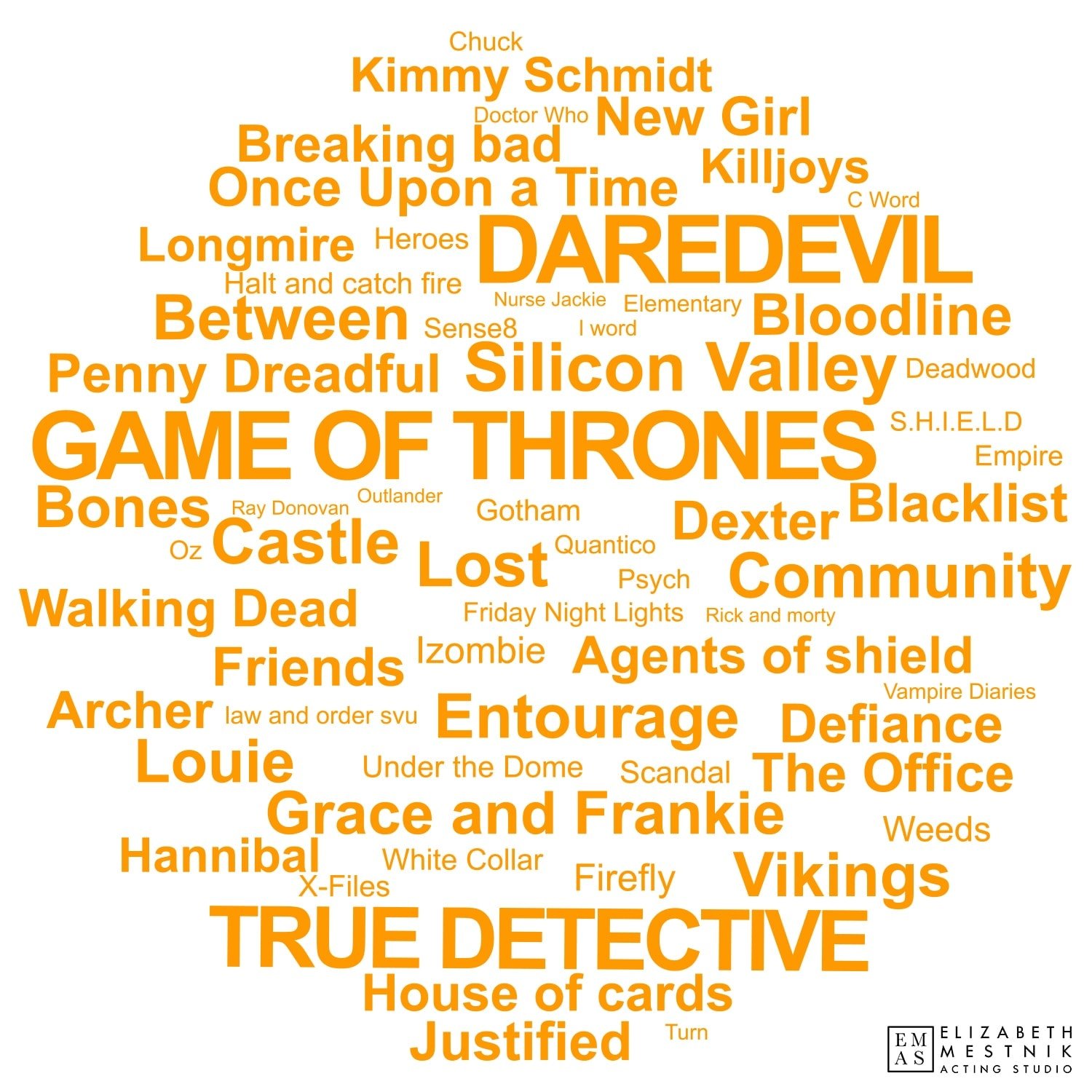 If you have aspirations to act these or other series, check out our
If you have aspirations to act these or other series, check out our 